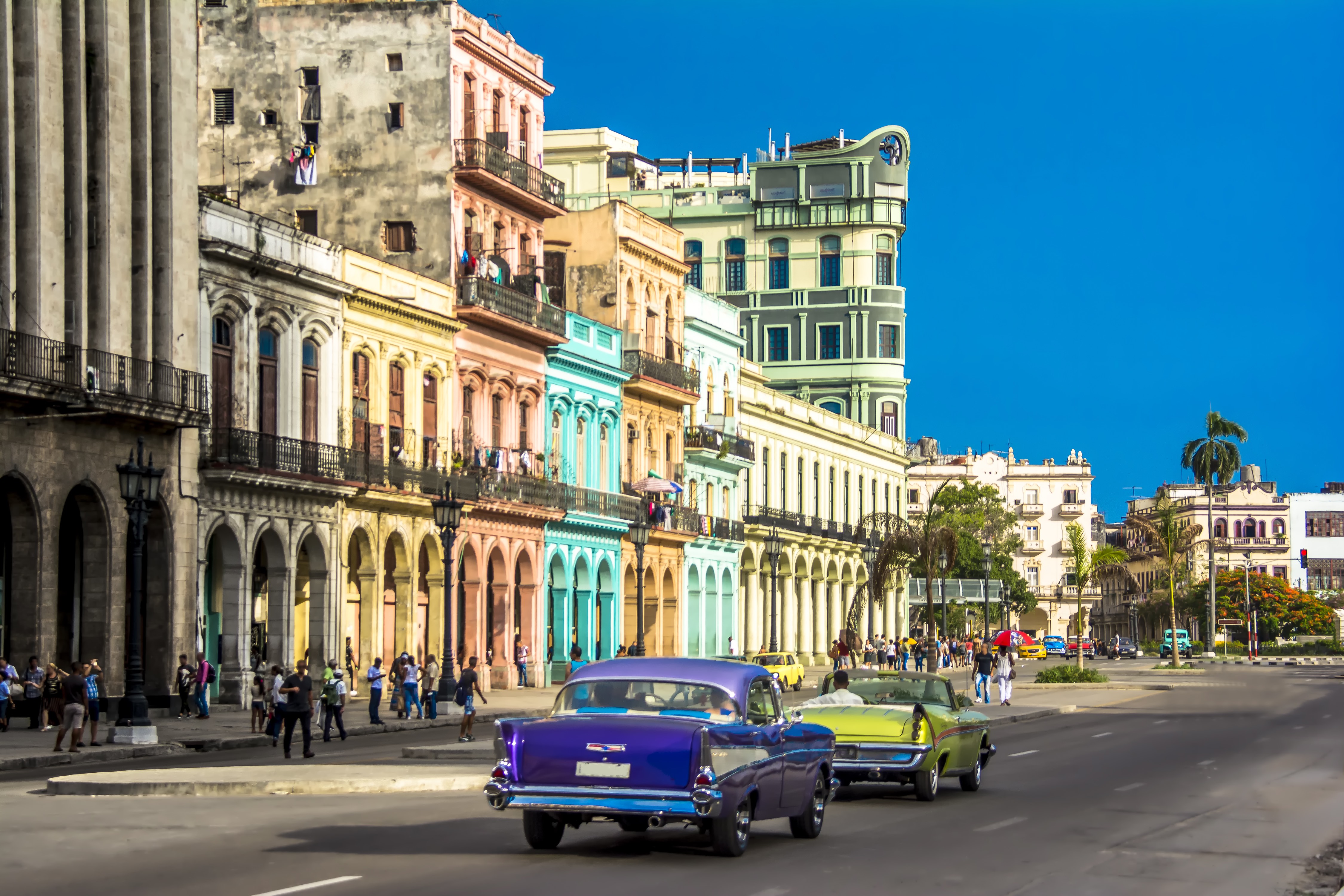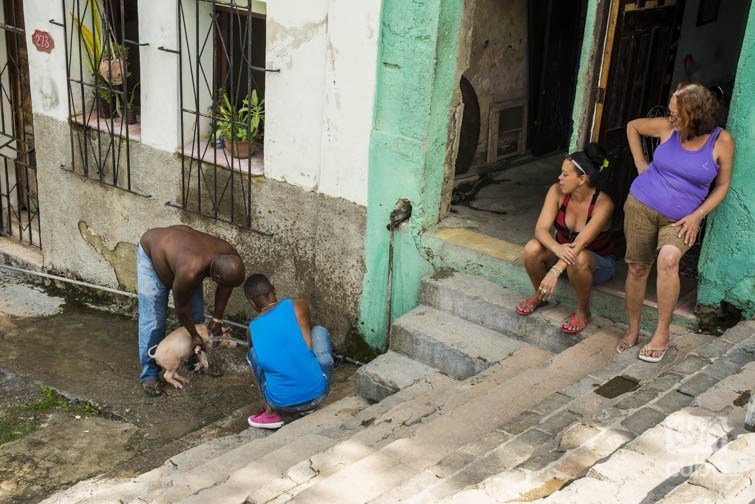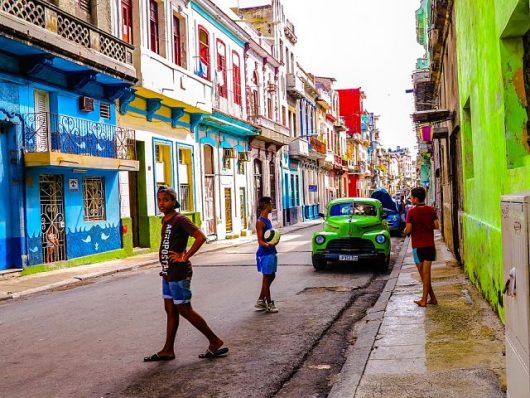By Kira Salm

Let’s start by saying, I changed my country/territory from Puerto Rico to Cuba. Cuba is a Spanish speaking island country that is south of Florida in between the Gulf of Mexico, the Caribbean Sea and the Atlantic Ocean. Cuba’s capital is Havana.
Nationalism is loyalty and devotion to a country. Cuba is rich in nationalism, which has been around since Spanish colonialism, and when the revolution started in 1959, it grew immensely. Nationalism eventually became anti-plattism, which meant that Cubans were against the Platt Amendment in the 1901 Army Appropriation Bill which gave the US dominance over Cuba and people see plattism as the US having an actual role in internal politics in Cuba. In Cuba, it is now conservative and authoritarian nationalism because of the recreation of the power that the military used to have, the technocrats, and the Castro clan.
Inequality is present in Cuba. In Cuba, 70% of people work for the state as teachers, medical staff, public administration, culture workers, or etc. where they used to be the highest paying jobs, now are getting paid much less than other people that are not salaried. Another thing that is occurring is that the people who receive remittances are generally “white”. There is a chance that 41.7% of Cubans in the state labor force which is 1,343,800 workers would be having income issues and if a family is made up of 2.9 people, there would be 3,897,020 people that would live in a household at risk of being in poverty and then 1,676,988 pensioners, which receive an average of 37% of the average salary and there are 179,796 people on social assistance which is about 51% of the Cuban population. The minimum wage amounts to 225 CUP but to match the nominal salary with the high current prices, the minimum wage would have to be 2,334.75 CUP. In Cuba, if someone does not have enough money to afford things, they have help from the government with repressed consumption in which 3,953,712 Cubans younger than the age of thirty have lived with the restrictions of only being able to buy food, clothing, and transportation since birth. Overall, many people live in poverty or close to the poverty line and mostly people that would be able to classify as “white” would receive remittances which would help them stay away from the poverty line.
receive remittances are generally “white”. There is a chance that 41.7% of Cubans in the state labor force which is 1,343,800 workers would be having income issues and if a family is made up of 2.9 people, there would be 3,897,020 people that would live in a household at risk of being in poverty and then 1,676,988 pensioners, which receive an average of 37% of the average salary and there are 179,796 people on social assistance which is about 51% of the Cuban population. The minimum wage amounts to 225 CUP but to match the nominal salary with the high current prices, the minimum wage would have to be 2,334.75 CUP. In Cuba, if someone does not have enough money to afford things, they have help from the government with repressed consumption in which 3,953,712 Cubans younger than the age of thirty have lived with the restrictions of only being able to buy food, clothing, and transportation since birth. Overall, many people live in poverty or close to the poverty line and mostly people that would be able to classify as “white” would receive remittances which would help them stay away from the poverty line.
Although only 15% of the country live in poverty, most are poor, with the average salary being $17 to $30 dollars a month. Some of the reasons that there is poverty in Cuba is because there is an U.S. embargo, they have struggled to diversify how they make profits because they have been relying on agriculture for so long, their GDP contracted in 1991 and it has not recovered yet, they depend on Russia or the USSR, and the Cuban government spends a lot on social services like education which does not make money available for the people.
dollars a month. Some of the reasons that there is poverty in Cuba is because there is an U.S. embargo, they have struggled to diversify how they make profits because they have been relying on agriculture for so long, their GDP contracted in 1991 and it has not recovered yet, they depend on Russia or the USSR, and the Cuban government spends a lot on social services like education which does not make money available for the people.
In conclusion, Cuba is very nationalistic which is proven through past events like when the Platt Amendment was created, but it also has a large poverty issue that the Cuban government need to figure out how to help with.
Sources:
Nationalism in Cuban Politics – Havana Times
Cuba’s Ailing Nationalism – Havana Times
Inequality and population at risk of poverty in Cuba | OnCubaNews English
Poverty In Cuba – The Borgen Project